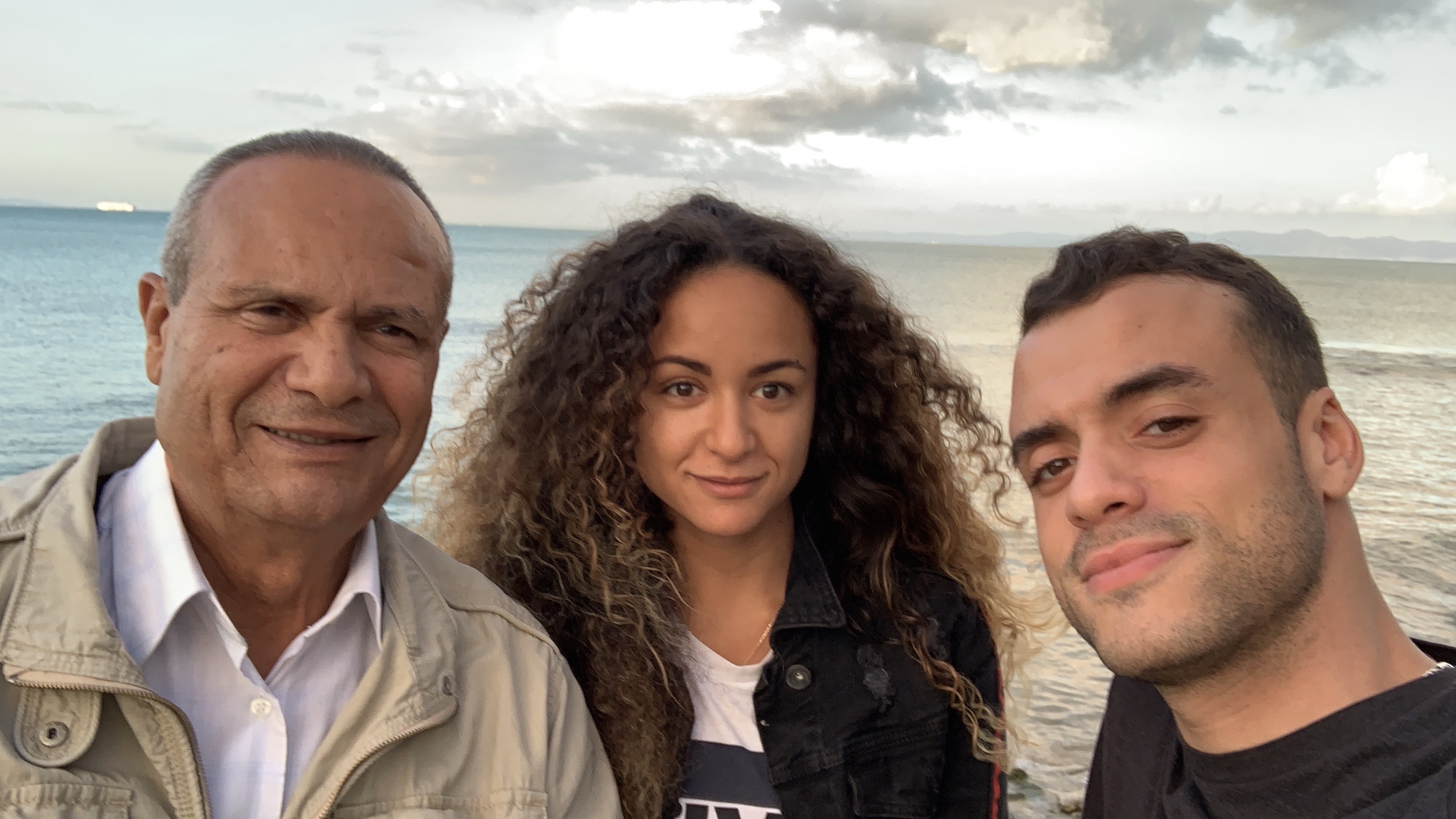
Swiss charity battles child trafficking
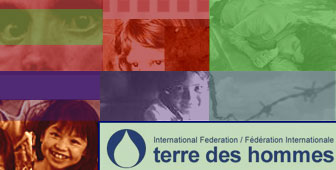
The Lausanne-based organisation, Terre des Hommes, has launched an international campaign to combat child trafficking.
The group says every year, hundreds of thousands of children are taken from their families and transported abroad. They are deprived of their identity, their health, their education and the right to grow up in their own communities.
“We live in a world where children can be bought and sold. It’s a modern form of slavery,” says Bernard Boëton, head of the Terre des Hommes Foundation’s child rights section.
“Children are the human beings least able to defend themselves from exploitation – and the traffickers abuse that fact,” Boëton told swissinfo at the launch of the two-year campaign, which was unveiled simultaneously in Geneva, Bern and Berlin.
The problem of children trafficking came to the fore last April with the discovery that dozens of West African children were being transported illegally on board the cargo vessel, Etireno. Despite this, Terre des Hommes says the phenomenon is not confined to the developing world.
“Child trafficking is just as big a problem in Europe as it is in Africa or Asia,” Boëton says.
The press conference in Geneva highlighted the problem of hundreds of Albanian children who had been taken from their families – through coercion or with false promises of money – to work on the streets of Athens, and ultimately as prostitutes or drug dealers in other cities in Western Europe.
“Without sophisticated laws, traffickers know that those children who are caught will not go to prison. When they are released, they are taken back into the network of traffickers,” Boëton told swissinfo.
Many of the children are kept in line with threats about what harm might befall their families if they run away or fail to earn a given sum each day.
The Terre des Hommes campaign has three main planks: raising public awareness of the problem; putting in place projects that will help take children out of the hands of traffickers and reintegrate them into their home communities; and to toughen national and international legislation to make it easier to pursue the traffickers.
The organisation is trying to promote the ratification of two international documents drawn up last year. The first, an additional protocol to the Convention on the Rights of the Child, tackles the sale, prostitution or use in pornography of children; the second, an additional protocol to the UN Convention against organised international crime, seeks to crack down on the trade in people.
“The problem is that these conventions can be applied only when the child is visible. Most of these children no longer have an identity. They are not registered anywhere,” Boëton says. He says that two-thirds of children admitted to public institutions after being taken off the streets abscond.
He says there has to be a system of registration, whereby children who escape from institutions or the care of NGOs can be traced.
“We have a situation where hundreds of children are missing in western countries, and there is little or no concern,” Boëten says.
Terre des Hommes has launched projects in Albania to raise awareness among teachers and parents of the dangers involved for those children who are taken to Greece.
The organisation has targeted 3,000 children considered to be at greatest risk of being trafficked and shown them videos of children who have been smuggled to Greece. Many have been beaten or raped.
“They take more notice of another child than an adult,” Boëton says.
by Roy Probert

In compliance with the JTI standards
More: SWI swissinfo.ch certified by the Journalism Trust Initiative





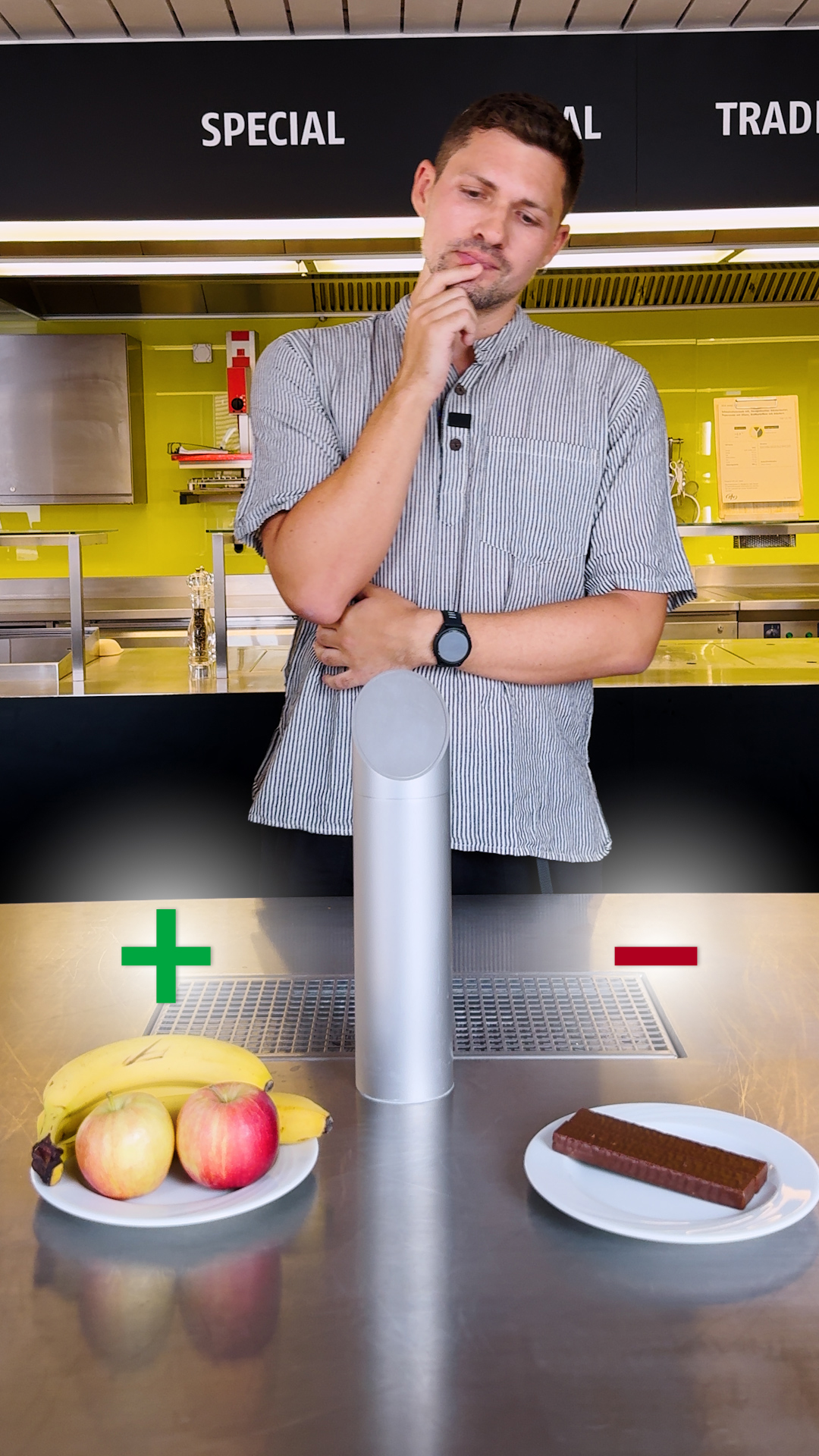









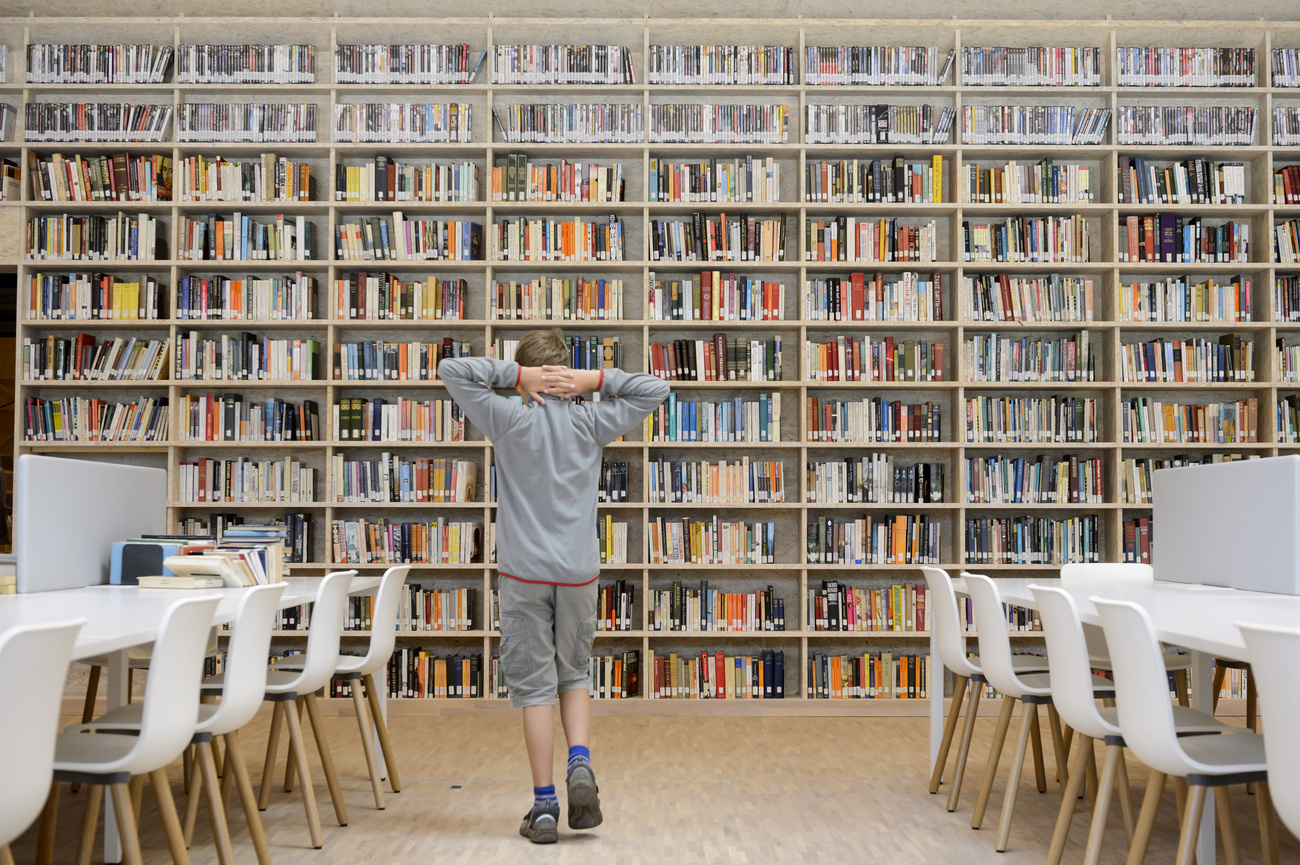


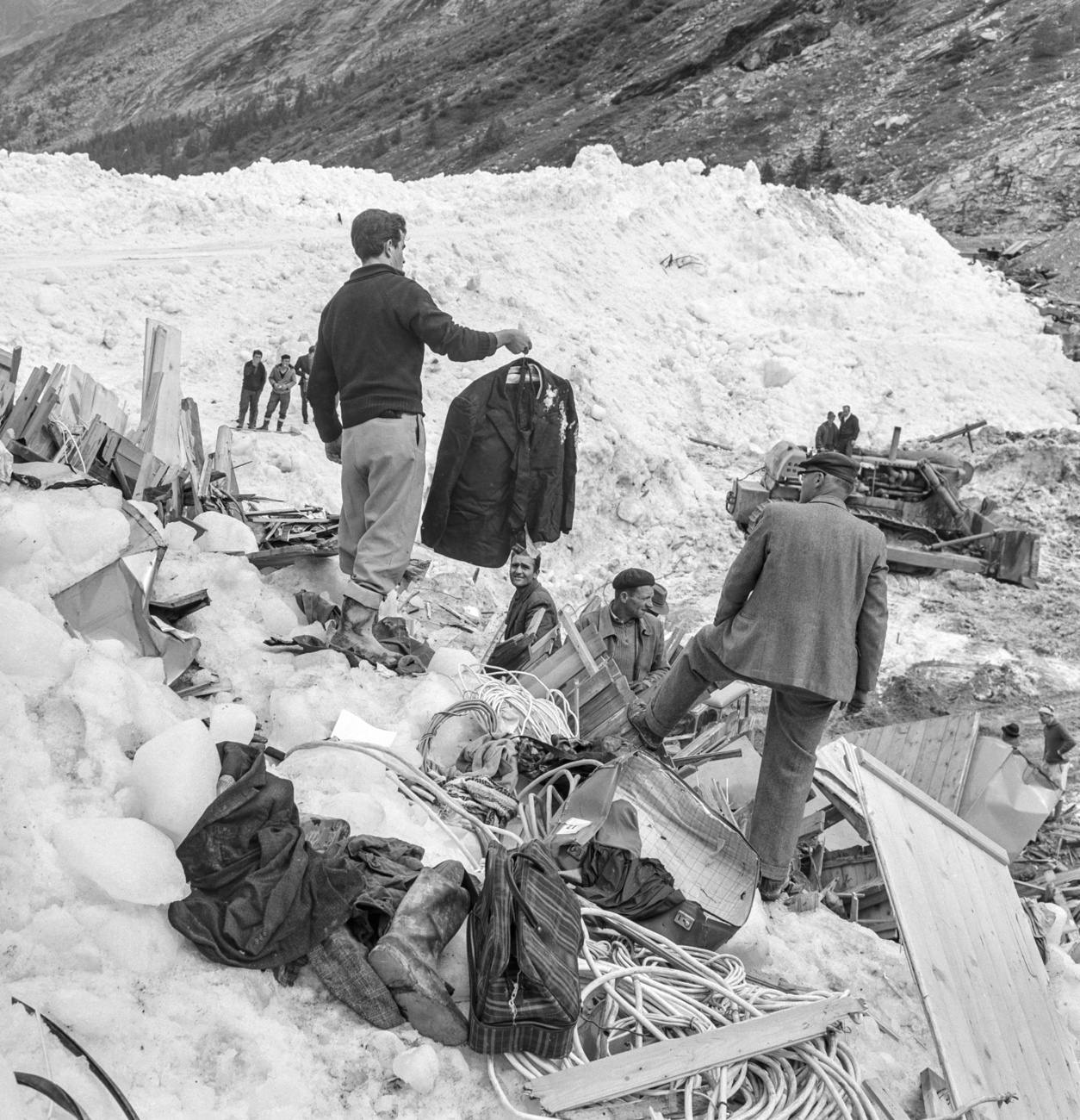



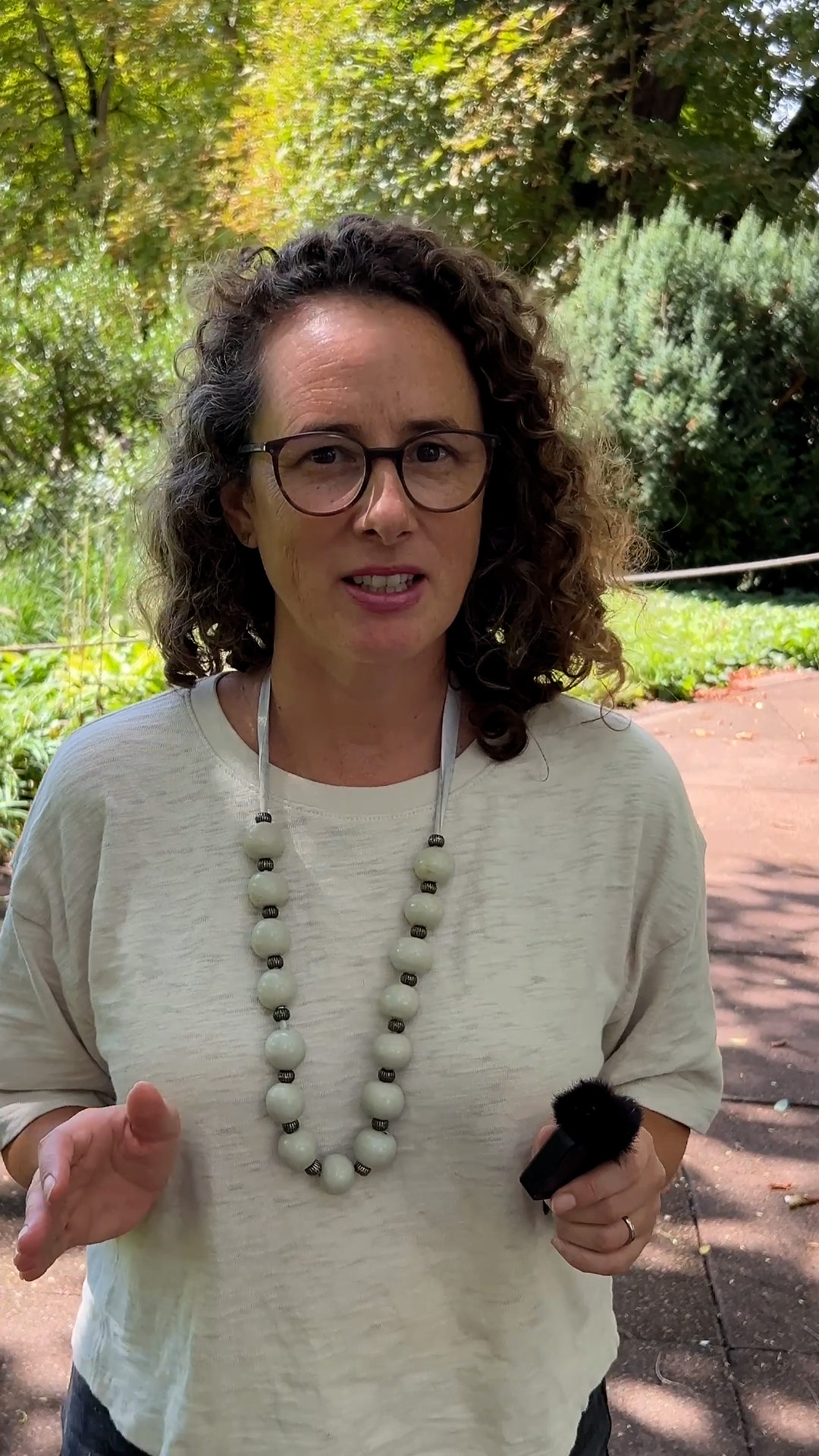





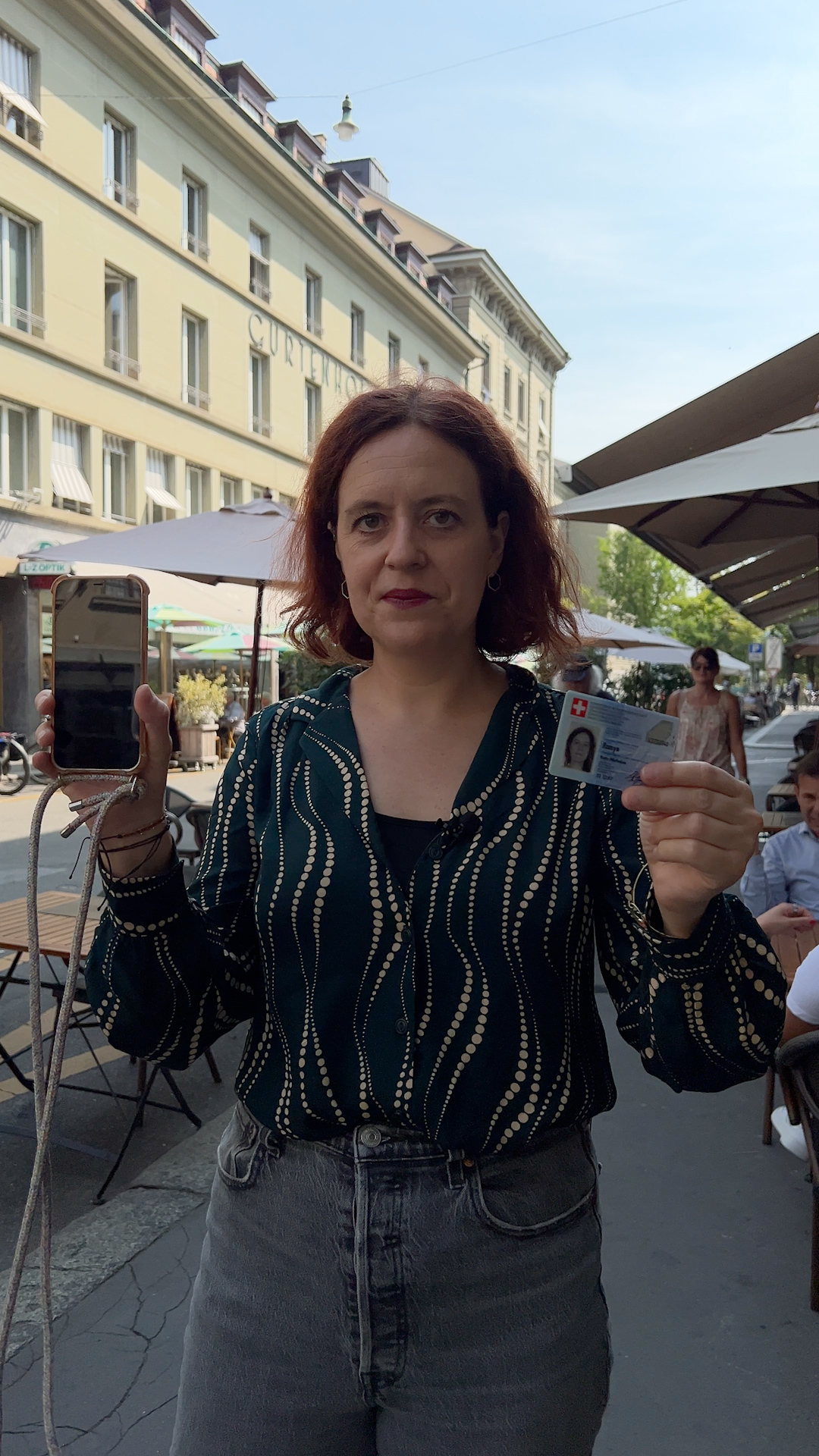



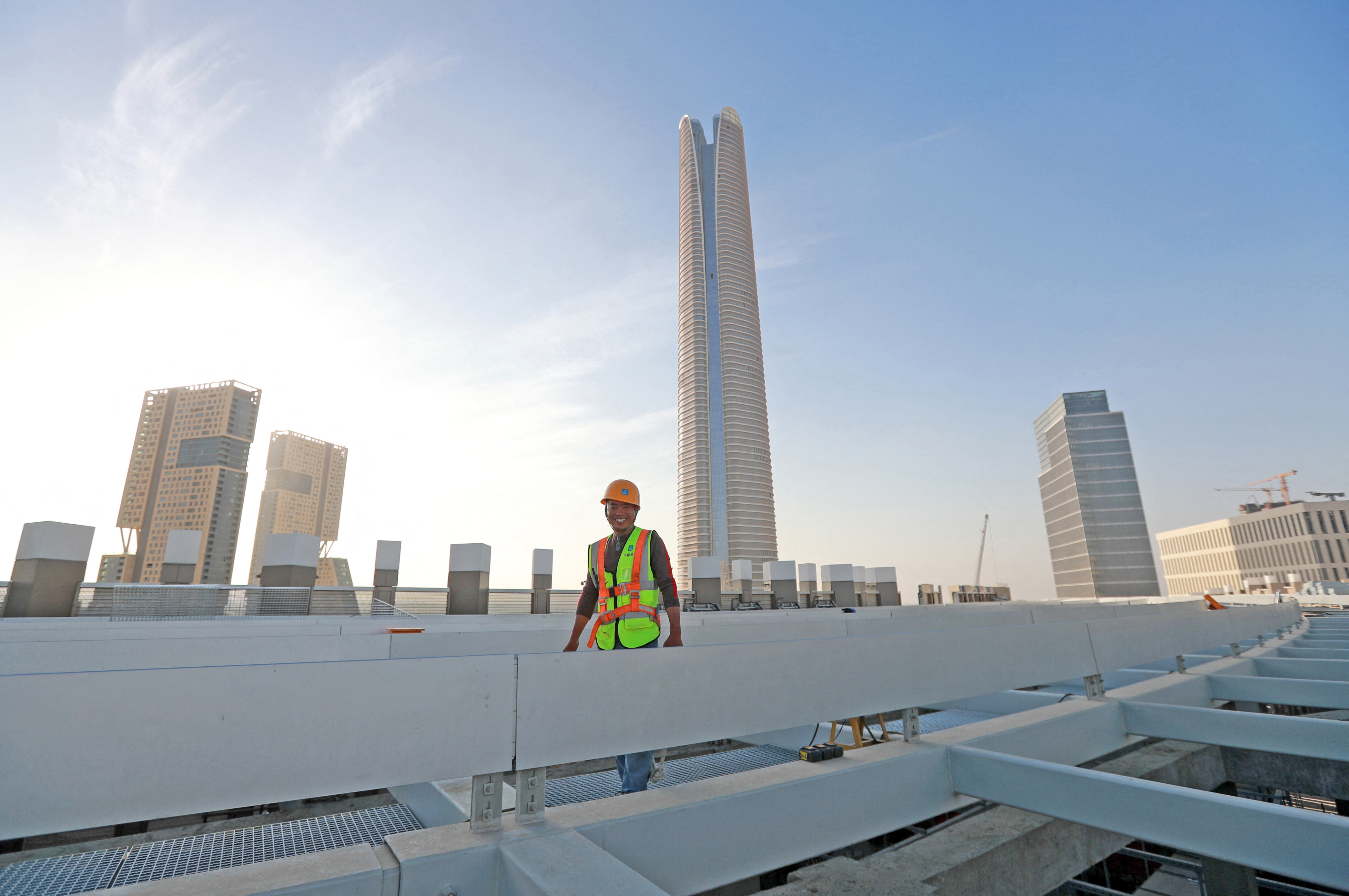





You can find an overview of ongoing debates with our journalists here . Please join us!
If you want to start a conversation about a topic raised in this article or want to report factual errors, email us at english@swissinfo.ch.